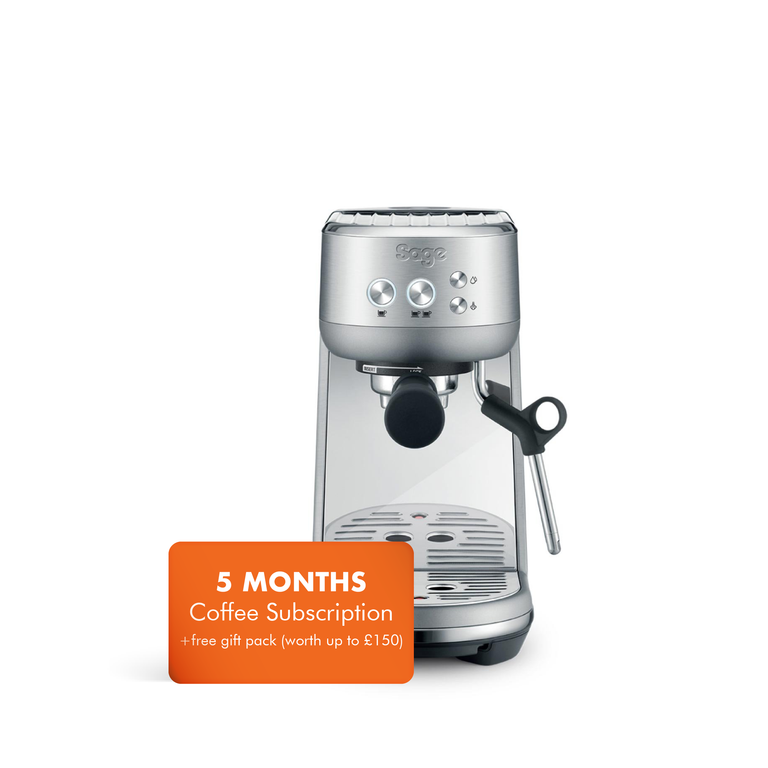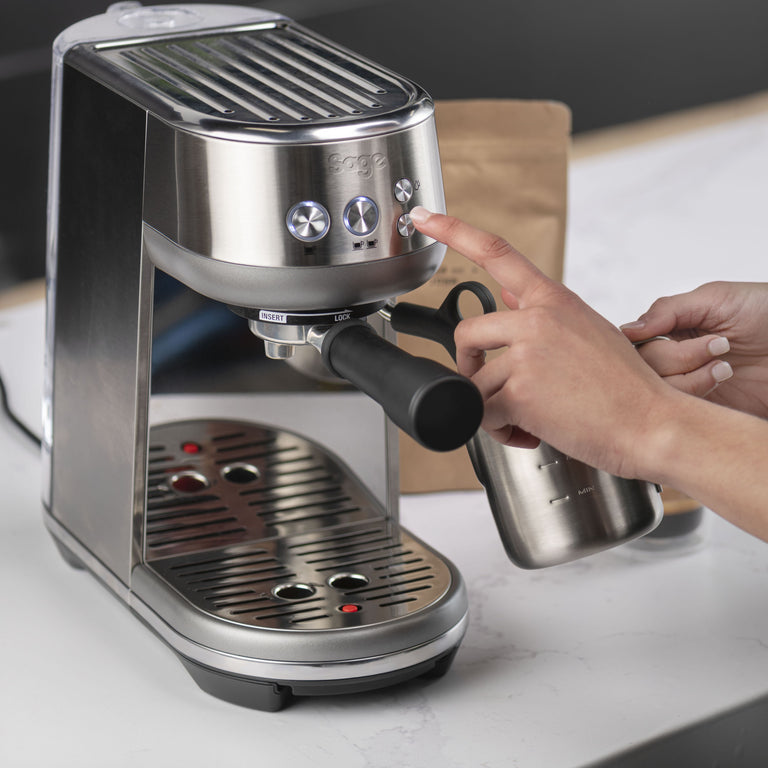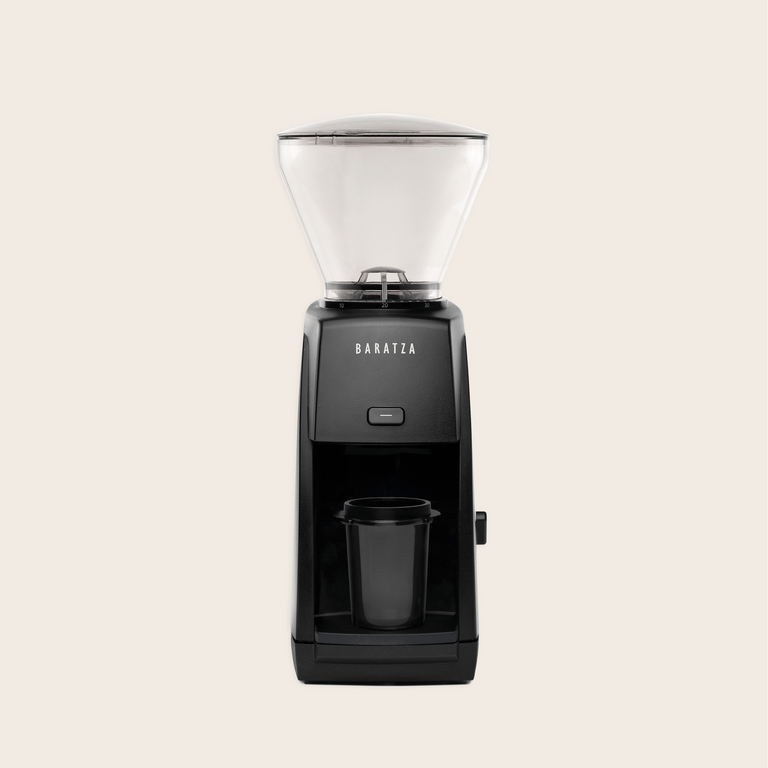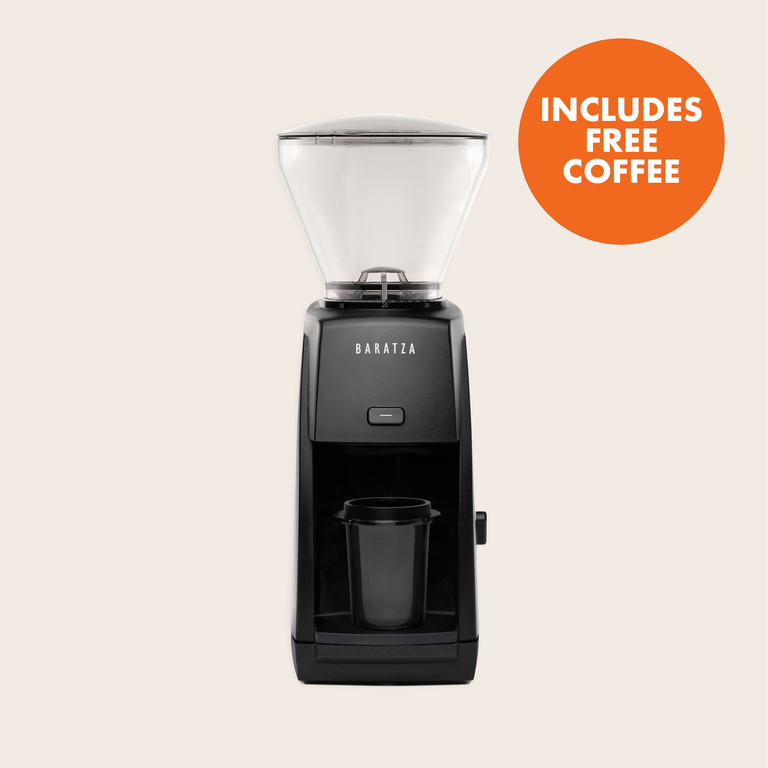December's Roaster's Choice Coffee Box subscribers will be trying coffee from The Wahundura Wet Mill, Kenya.
There are pockets of niche and exotic coffee quality all over the globe, but there is probably no country more synonymous with widespread high quality than Kenya.
The Wahundura Wet Mill (referred to as Factory in Kenya) is one of four factories owned and operated by the Kamacharia Farmers’ Cooperative Society (FCS) which collectively buys coffee cherry from over 5,800 smallholding families. Wahundura in particular sources coffee from 1,100 smallholder farmers who have farms located between 1750 and 1850 masl.

At the Wahundura Factory manager Catharine Wahu and her five permanent staff process the cherries that have been handpicked and delivered on the same day. They are then hand-sorted to remove defects and ensure optimum ripeness and then digitally weighed and recorded so that the farmer can receive a receipt of their delivery.
The coffees are ‘de-pulped’ to remove fruit and then weighed again to separate the highest density and quality beans. These are then dry fermented for approximately 8 hours before being placed in washing tanks to complete their fermentation.
This processing may sound tedious, but it ensures not only very high-quality coffee but also uniformly high quality and a very clean cup profile to enhance the natural acidity of the high altitude SL28 variety beans.
Kenya's Coffee History
Although neighbouring Ethiopia is generally regarded as the birthplace of coffee, Kenya’s introduction to coffee was much later via Scottish missionaries and didn’t become traded commercially until as recently as 1900.
During Colonial rule coffees were only produced by British-owned farms. After the Mau Mau uprising in 1954 and the subsequent independence of Kenya in 1963 coffee production returned to the native land owners. The majority of these are smallholders, of which there are approximately 600,000 in Kenya, that produce coffee on a small scale. Production doesn’t usually meet minimum delivery requirements for large mills so instead these smallholders will usually supply one of the several hundred cooperatives that operate in the country.
There are many factors potentially behind the reputation for quality in Kenya. Growing conditions are renowned for being ideal in Kenya but other factors such as the introduction in the 1950s of hybrid varietals from Scott’s Lab (hence the SL prefix) play a part too. Most famously SL28 but also SL32 and SL34 are celebrated for their typically jammy ‘fruits of the forest’ type cup profiles that are so revered around the world.

Another potential factor is that since 1934 the Kenyan coffee has been sold via an auction platform which both grants access to buyers for producers and naturally incentivises quality (where higher quality gains higher prices). Although direct-trading with foreign buyers was made possible in 2006, and potentially removes middlemen that detract from revenue for farmers, the vast majority of coffee (85%-95%) is still traded via the Nairobi Coffee Exchange to this day.

























